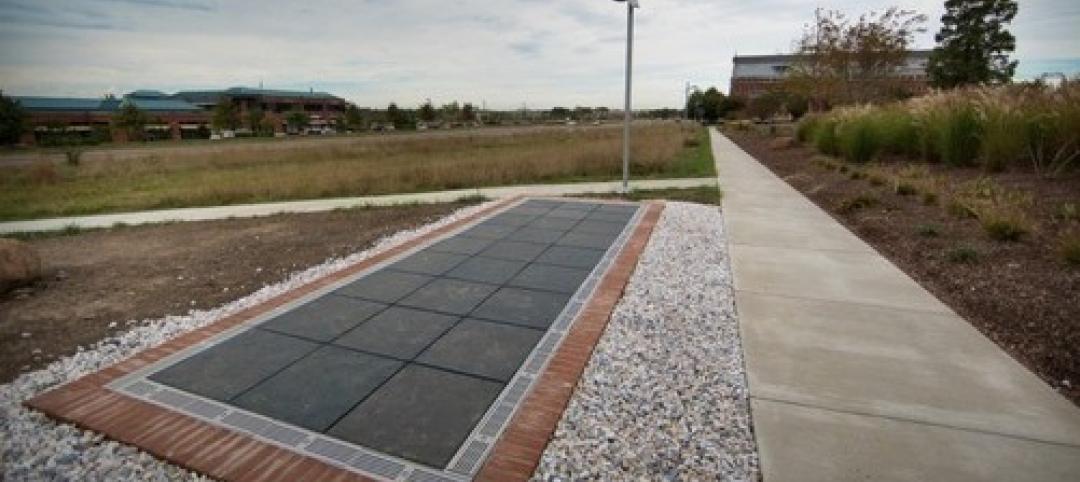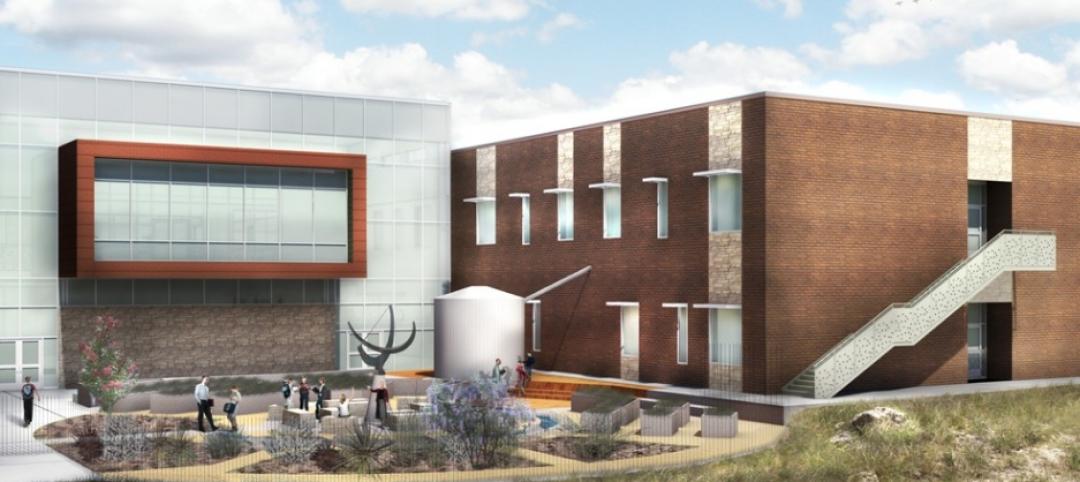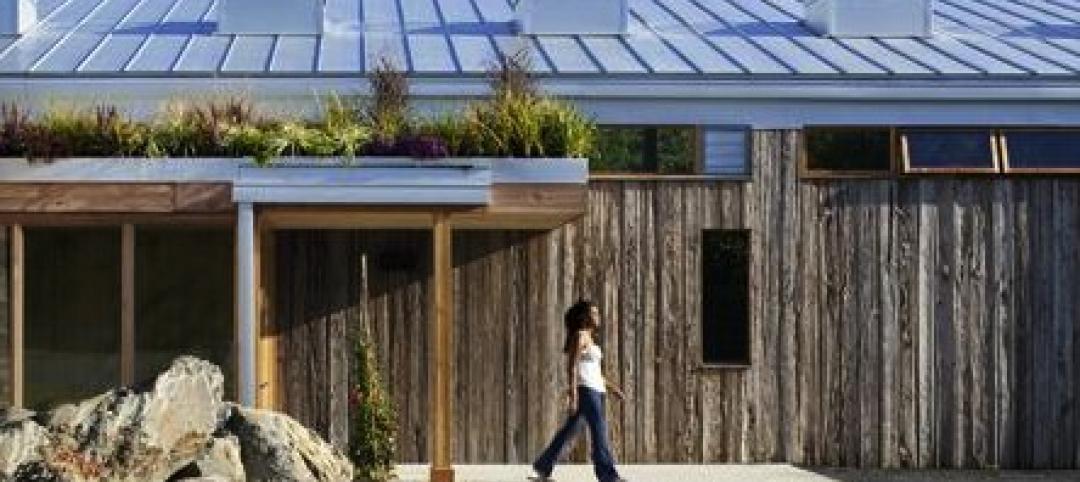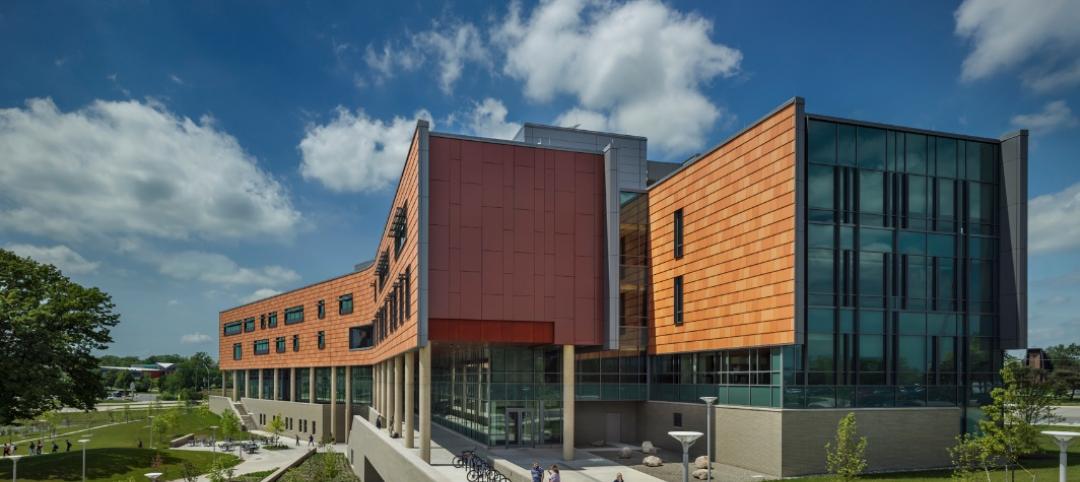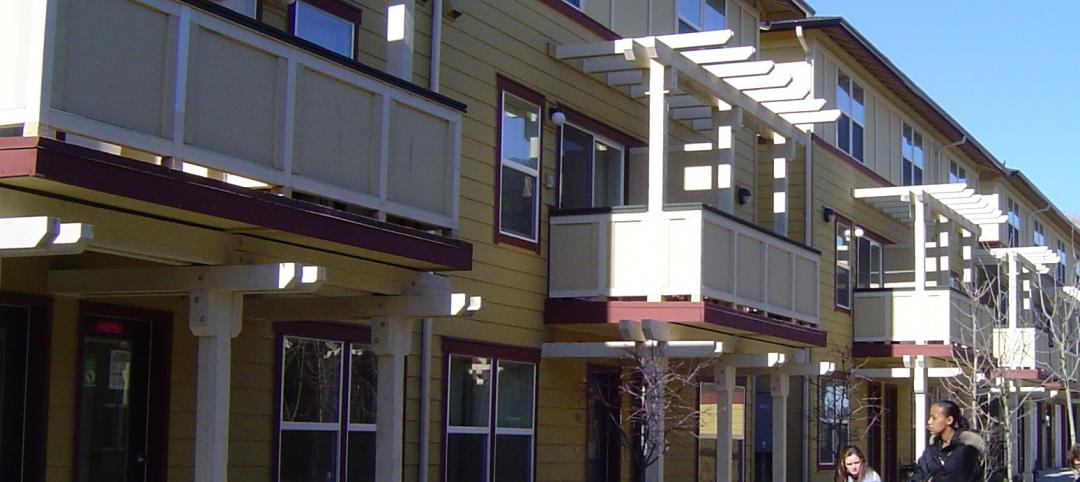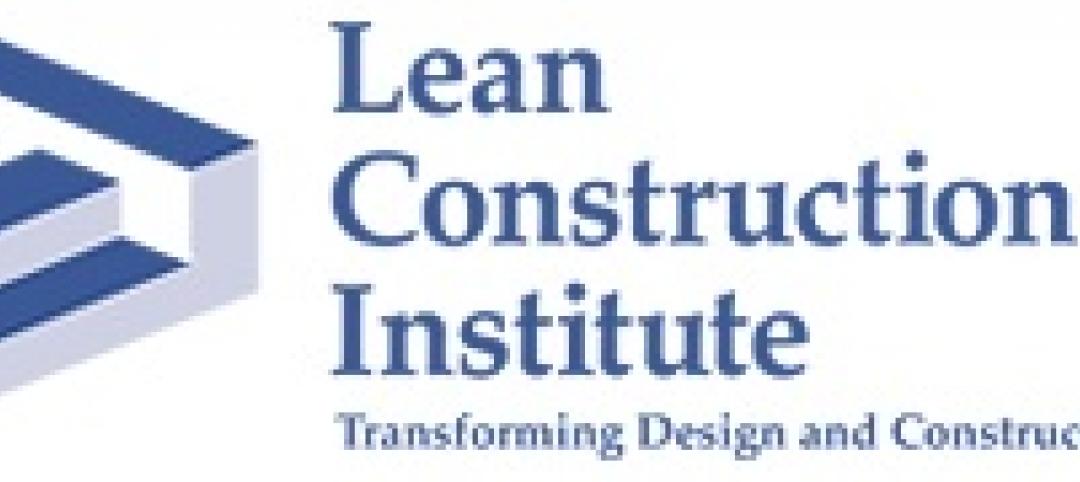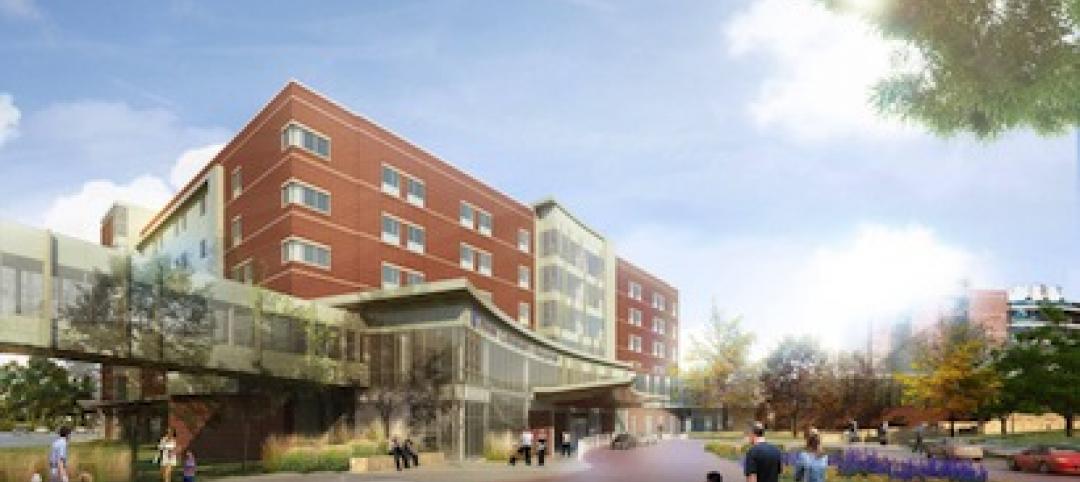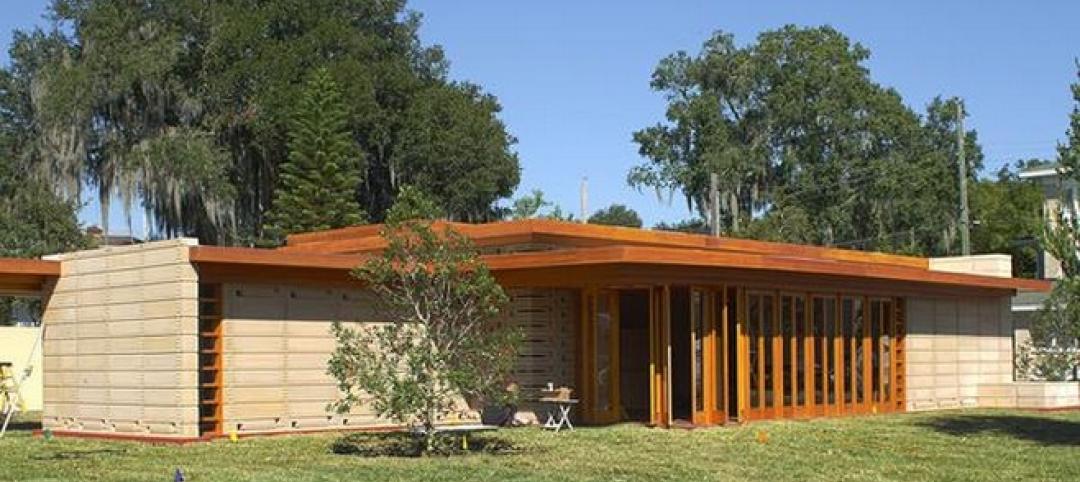Real gross domestic product (GDP) expanded 2.6% (seasonally adjusted annual rate) during the fourth quarter of 2014, following a 5% increase in the third quarter, according to the Bureau of Economic Analysis Jan. 30 release. Nonresidential fixed investment grew by only 1.9% after expanding 8.9% in the third quarter. Investment in equipment declined 1.9%, while investment in nonresidential structures increased 2.6%.
"Today's headline GDP number will be broadly viewed as disappointing as many economists had expected to see a quarterly number in excess of 3%," said Associated Builders and Contractors Chief Economist Anirban Basu. "However, it is important to note that the federal spending category subtracted more than half a percentage point, which means the non-federal portion of the economy expanded faster than 3%.
"In addition to the impact of federal spending which shrank farther than expected, it is also worth noting that spending on nonresidential structures continues to climb," said Basu. "With the economic recovery persisting and with job growth accelerating, business confidence has generally been on the rise, translating into shrinking office and retail vacancy rates and rising hotel occupancy rates. All of this creates a context in which nonresidential construction spending, particularly private construction spending, is likely to expand, which is consistent with ABC's view that the nonresidential construction recovery will continue.
 Source: Bureau of Economic Analysis
Source: Bureau of Economic Analysis
"Though today's release indicates that the economy enters 2015 with somewhat less momentum than had been thought, the fact of the matter is that the past nine months represents the strongest period of growth in the current recovery cycle," said Basu. "Undoubtedly, financial markets will continue to be roiled by ongoing fluctuations in input prices and uncertainties regarding the strengthening of the U.S. dollar. But with gas prices low and with job creation now brisk, consumers are likely to continue to push the U.S. economy forward in 2015."
The following segments expanded during the fourth quarter and/or contributed to GDP.
- Personal consumption expenditures added 2.9% to GDP after contributing 2.2% in the third quarter.
- Spending on goods grew 5.4% after increasing by 4.7% in the previous quarter.
- Real final sales of domestically produced output – minus changes in private inventories – increased 1.8% for the quarter after a 5% increase in the third quarter.
- Nondefense spending expanded 1.7% after increasing by 0.4% in the previous quarter.
- State and local government spending expanded 1.3% during the fourth quarter after growing 1.1% in the third quarter.
- A number of key segments did not experience growth for the quarter.
- Federal government spending contracted by 7.5% in the fourth quarter following a -9.9% increase in the prior quarter.
- National defense spending declined by 12.5% after expanding by a full 16% in the third quarter.
To view the previous GDP report, click here.
Related Stories
| Nov 8, 2013
Walkable solar pavement debuts at George Washington University
George Washington University worked with supplier Onyx Solar to design and install 100 sf of walkable solar pavement at its Virginia Science and Technology Campus in Ashburn, Va.
| Nov 6, 2013
PECI tests New Buildings Institute’s plug load energy use metrics at HQ
Earlier this year, PECI used the NBI metrics to assess plug load energy use at PECI headquarters in downtown Portland, Ore. The study, which informed an energy-saving campaign, resulted in an 18 percent kWh reduction of PECI’s plug load.
| Nov 5, 2013
Net-zero movement gaining traction in U.S. schools market
As more net-zero energy schools come online, school officials are asking: Is NZE a more logical approach for school districts than holistic green buildings?
| Nov 5, 2013
New IECC provision tightens historic building exemption
The International Energy Conservation Code has been revised to eliminate what has been seen as a blanket exemption for historic buildings.
| Nov 5, 2013
Living Building Challenge clarifies net-zero definitions and standards
The Living Building Challenge has released the Net Zero Energy Building Certification to provide clearer definitions regarding what net zero really means and how it is to be achieved.
| Nov 5, 2013
Oakland University’s Human Health Building first LEED Platinum university building in Michigan [slideshow]
Built on the former site of a parking lot and an untended natural wetland, the 160,260-sf, five-story, terra cotta-clad building features some of the industry’s most innovative, energy-efficient building systems and advanced sustainable design features.
| Nov 4, 2013
Architecture and engineering industry outlook remains positive on all major indicators
While still below pre-recession levels, all of the key indicators in the latest Quarterly Market Forecast (QMF) report from PSMJ Resources remain in positive territory.
| Nov 1, 2013
Lean Construction Institute receives Turner Prize for Innovation in Construction
The National Building Museum and Turner Construction Company present the 11th Henry C. Turner Prize for Innovation in Construction to Lean Construction Institute. Lean construction is an innovative way to design and build structures that strives to create a safer workplace, reduce cost, and provide faster delivery while maintaining high quality control.
| Nov 1, 2013
CBRE Group enhances healthcare platform with acquisition of KLMK Group
CBRE Group, Inc. (NYSE:CBG) today announced that it has acquired KLMK Group, a leading provider of facility consulting, project advisory and facility activation solutions to the healthcare industry.
| Oct 31, 2013
74 years later, Frank Lloyd Wright structure built at Florida Southern College
The Lakeland, Fla., college adds to its collection of FLW buildings with the completion of the Usonian house, designed by the famed architect in 1939, but never built—until now.


